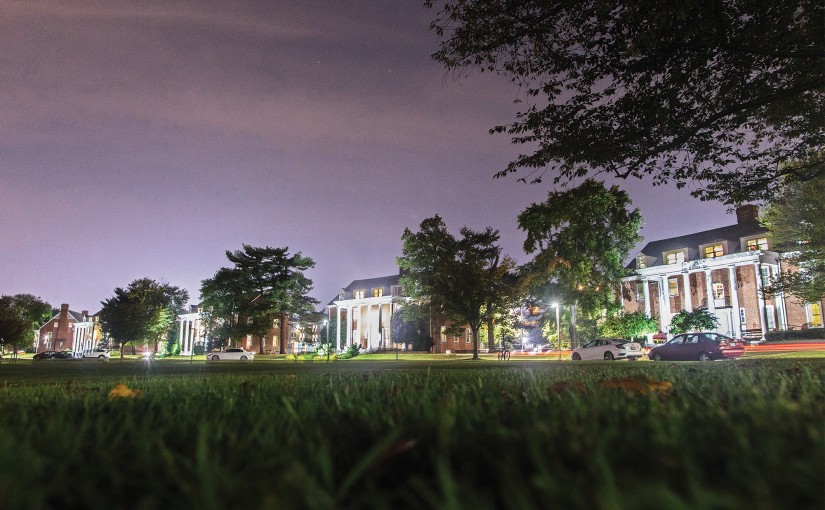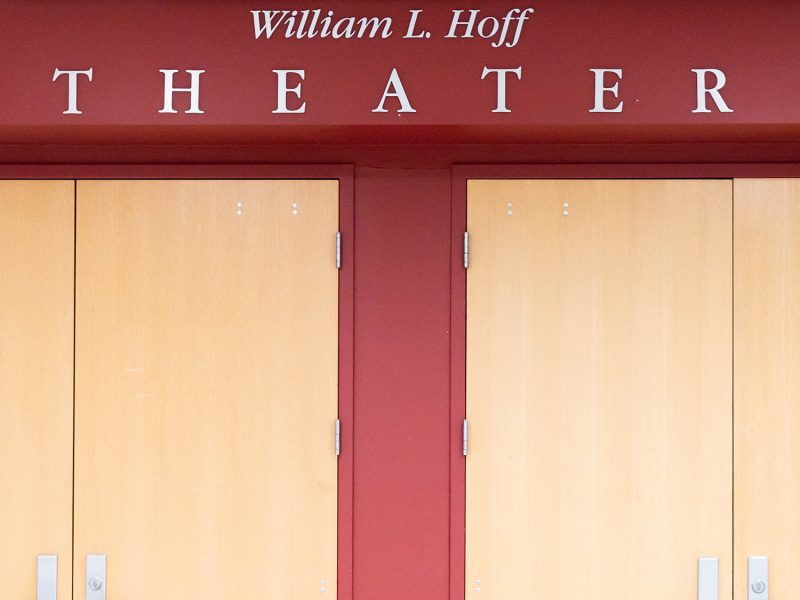Views expressed in opinion columns are the author’s own.
Last fall alone, there were 27 hate bias incidents reported at the University of Maryland. Although some may like to think this university’s place in the blue state of Maryland excludes us from our country’s turbulent racial climate, the past year has refuted that notion, amplifying the epidemic of hate on this campus.
This university’s administration has sent out numerous messages condemning these acts of hatred and emphasized that they “stand united in our commitment to core values of human dignity, diversity, inclusiveness and intellectual freedom.” The university said, “we stand against such craven expressions of bigotry,” and yet, little has changed.
On April 13, university officials announced that they would not disclose the outcome of the investigation into the presence of a noose in a fraternity house last spring, citing a need to prioritize privacy. Although the need for privacy doesn’t negate the possibility of progress or justice, the seemingly deliberate lack of transparency throughout the investigation seems to suggests otherwise.
[Read more: UMD officials won’t disclose outcome of noose investigation, prompting student concerns]
The progression of this investigation symbolizes the underpinning culture of administrative silence that has become familiar to many students here. Moreover, the absence of any public conclusion to the investigation eliminates the potential for a dialogue or reckoning with race and hatred on the campus.
Someone who’s often spoken about — and taken concrete action toward — our country’s required reckoning with our past is civil rights lawyer Bryan Stevenson, founder of the Equal Justice Initiative. He’s been a guiding voice in the discussion regarding how to best deal with the residual impacts of our steep history of racial discrimination. The initiative has worked to create a space for reconciliation and discussion about the history of racial terror — lynching specifically — in the South at a newly constructed monument, The National Memorial for Peace and Justice, which opened Thursday.
The monument intends to foster discussion about the horrific history of lynching that plagued the South in a way that demands engagement from the communities that are in the vicinity of lynching sites. The monument itself is composed of columns which list the location, date and name of the lynching victims. Surrounding the monument is a field of identical structures; counties are encouraged to claim the smaller monuments and install them in their communities. These act as a remembrance of the lives lost and a symbol of reconciliation with the past. Prince George’s and Montgomery counties are not exempt — according to the Washington Post, the counties have historically had some lynchings, and may participate in the project.
On the importance of this process, Stevenson has spoken cogently, “I think we do need truth and reconciliation in America. … But truth and reconciliation are sequential. You can’t get to reconciliation until you first tell the truth.”
The idea of truth being a requisite precursor to reconciliation is a principle that extends far beyond this moment in time — it’s universal. In countries like South Africa and Germany, recognizing the extent to which the past heavily shapes and informs the present has been an integral step in beginning to conceptualize the future.
[Read more: Protestors demand action from Loh after noose was found in UMD fraternity house]
This ideology can and should be put into practice at this university. I implore the administration to think critically about the messages — or lack thereof — it is sending to its student body through decisions like the one to not release the conclusion of this particular investigation.
Beginning to acknowledge the ways in which our nation’s history is interwoven with the present — both within and beyond our campus — is the first step toward progress, of divorcing ourselves from a revisionist history thwarted by a facade of false idealism, and of working toward the future we’re all worthy of.
Sarah Riback is a sophomore English and sociology major. She can be reached at riback.sarah@gmail.com.



